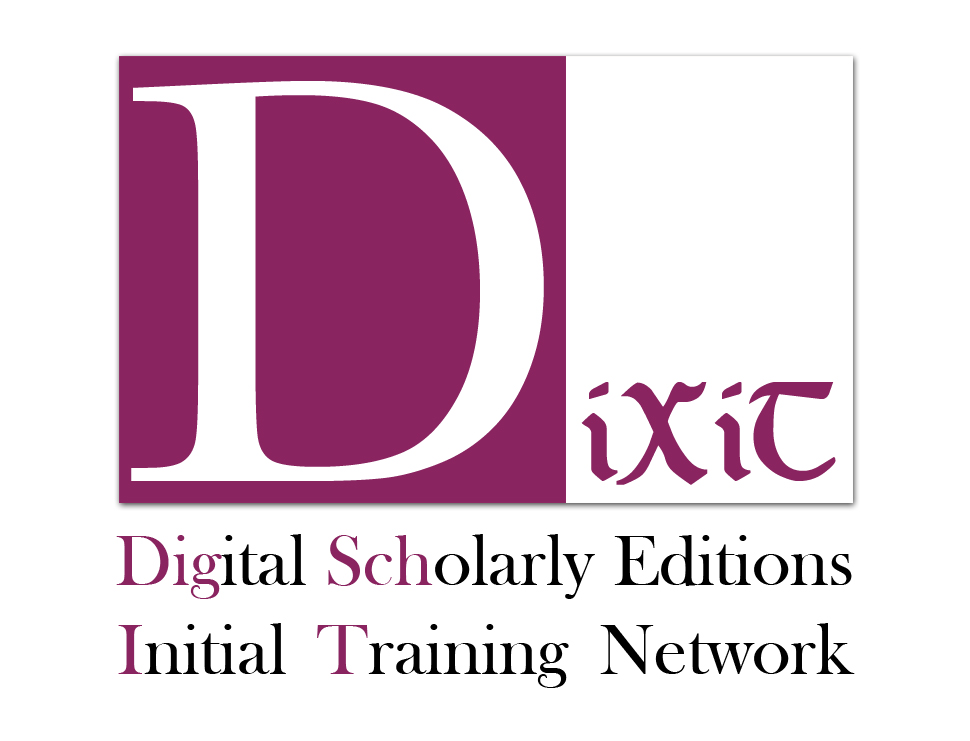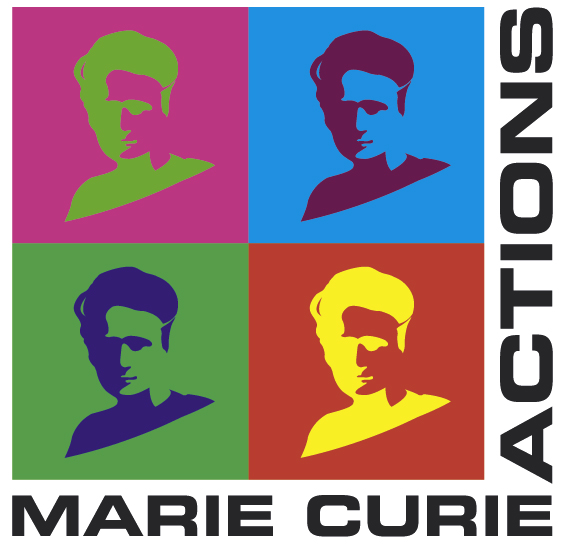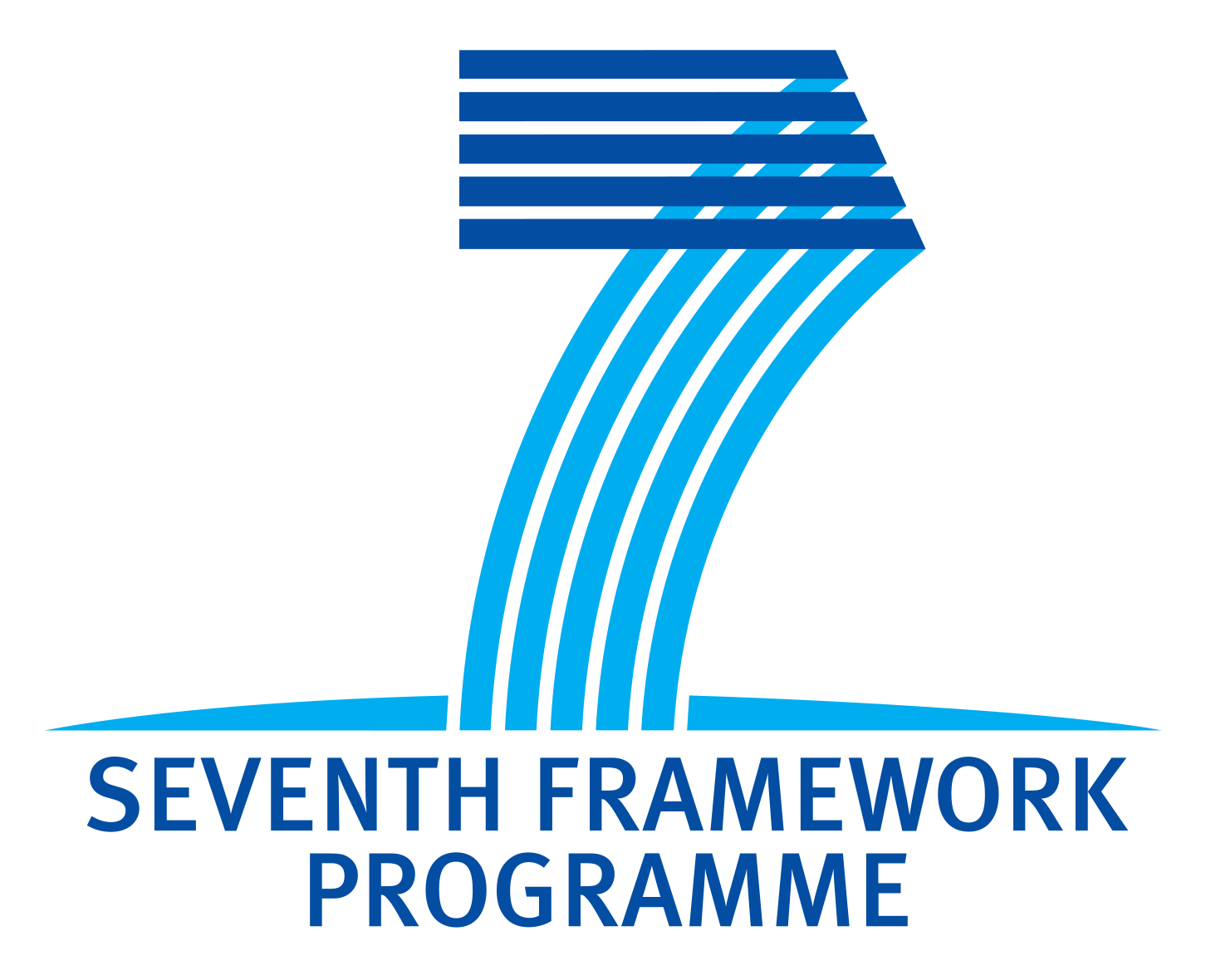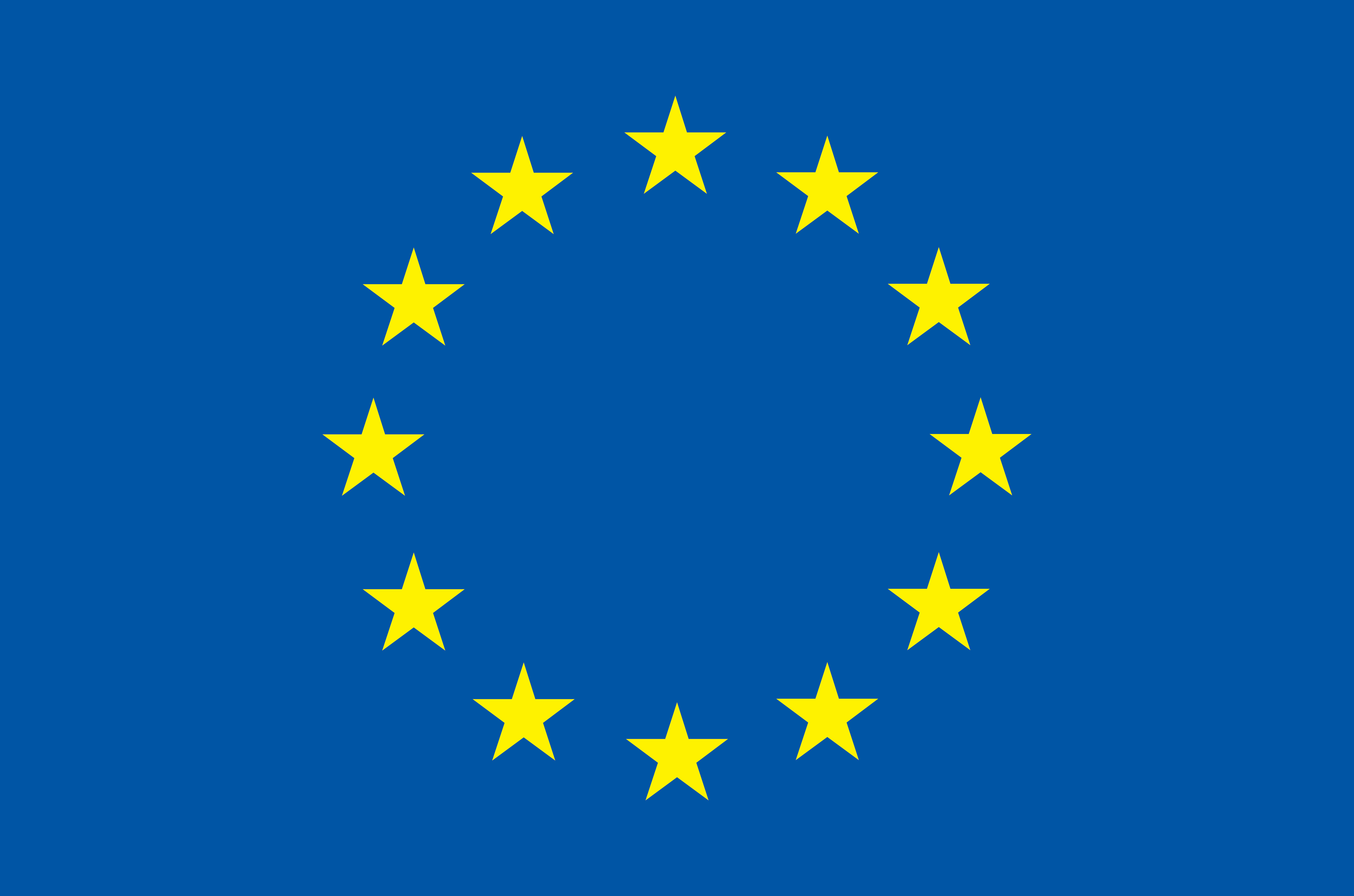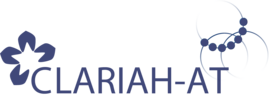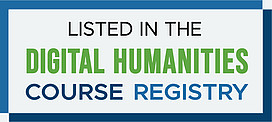DiXiT
Digital Editions Initial Training Network
The Digital Scholarly Editions Initial Training Network (DiXiT) is a Marie-Curie Initial Training Network and runs from September 2013 until August 2017. It is concerned with one of the most dynamic and pioneering research areas at the intersection of the humanities and computer sciences focused on digital scholarly editions. There is hardly any university institution which is able to provide the infrastructure and the resources in order to train the next generation of young scholars and researchers in all subjects and methods of this quickly developing field according to the needed standards. Therefore, only an international training network can provide this infrastructure and the scholarly resources for doctoral training and supervision. For this reason ten leading European institutions from universities and academies closely collaborating with the private sector and cultural heritage institutions intend to form one of the most innovative training networks for a new generation of scholars in the field of digital scholarly editing. The DiXiT training programme offers a combination of network-wide training modules and local specialist training in connection with individual research projects. Moreover, DiXiT will help to create a training trajectory for the emerging supradisciplinary field of Digital Humanities and thus anchoring it in an institutionalized, structured education scheme.
The ZIM-ACDH has become partner of the project because of its activities in the field of digital scholarly editions in the context of the infrastructure project GAMS. The research interests of the ZIM-ACDH involve general conceptualisation of digital editing as a core method of humanities research. The ZIM-ACDH will contribute to DiXiT by supervising two research research projects:
- Palaeography and digital scholarly editions: In an extensive study on the relationship between digital editing and palaeographic research the ZIMIG will evaluate the role of digital facsimiles and text/image-linkage for modelling transcription methodologies that allow for enhanced studies in palaeography and codicology.
- Canonical reference & sustainability of digital editions: The ZIM-ACDH will study the transfer of established reference systems (in particular non-digital) to technical persistent identifier systems.
In the framework of DiXiT the ZIM will research on social editing and the study on the relationship between digital editions and digital libraries by supervising a comparative study and evaluation of digital projects that overlap the two fields of scholarly editing and cultural heritage digitization projects.
It will further organize a camp on Technology, Software, Standards which will introduce the project participants to TEI P5 XML for Digital Editions, the appropriate software and metadata standards for digital editions.
More information can be found on the project website http://dixit.uni-koeln.de or the blog of the DiXiT-fellows http://dixit.hypotheses.org/.
Project contact: Georg Vogeler
